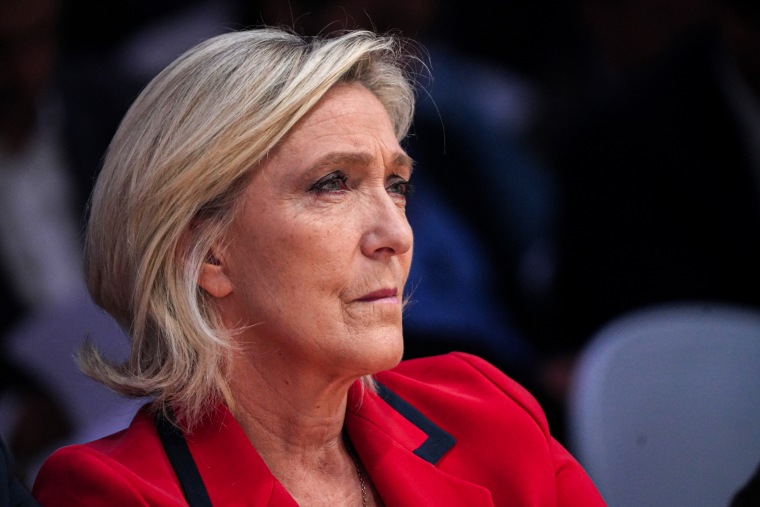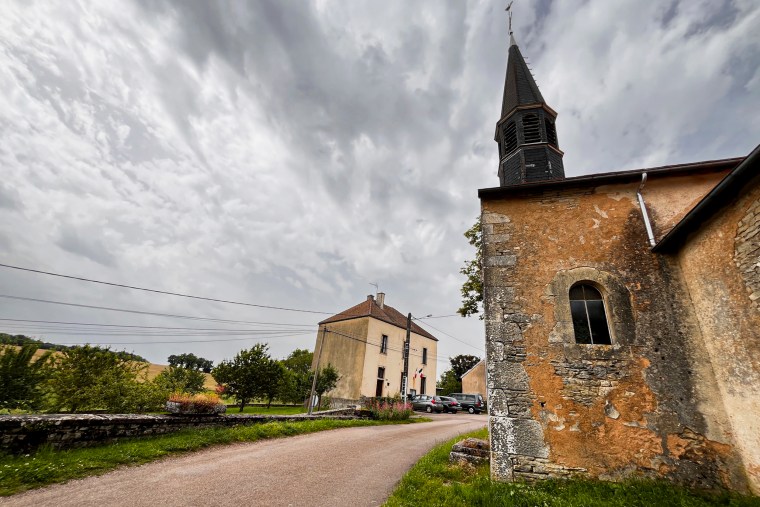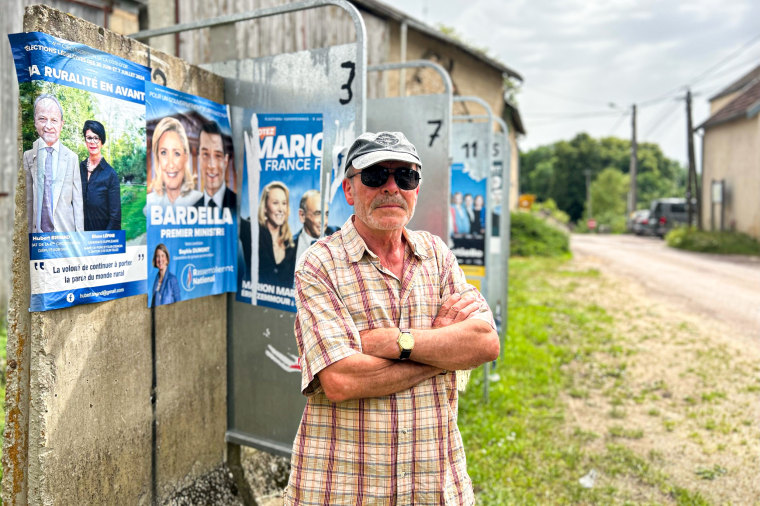
France is currently holding parliamentary elections on June 30, 2024. The outcome of these elections could significantly impact the future of President Emmanuel Macron's second term. In the first round of voting, Marine Le Pen's National Rally party has been leading in pre-election polls with a strong anti-immigration stance.
The absence of centrist candidates in some areas, such as Source-Seine, a rural village in northeast France, is becoming a trend throughout the country. Sophie Louet, the mayor of Source-Seine, described this phenomenon as destabilizing and noted that there were 30 candidates from all stripes during the last legislative elections.
Voters will determine the future of President Macron's second term by choosing 577 members of the National Assembly. A new majority of lawmakers opposed to Macron could force him to share power with political opponents, potentially leading to a shift in France's domestic and foreign policies.
The first round of voting ended on June 30, and participation was expected to be high. The outcome remains uncertain as the second round of voting will take place on July 7.
Toulon, a southern port city in France, has a history of supporting far-right politicians. In 1995, it became the first large city in Western Europe since World War II to give control of the local government to a far-right party. Marine Le Pen and her protégé Jordan Bardella lead the National Rally party, which promises to form a national government.
In this election cycle, Toulon may send a far-right candidate, Sébastien Soulé, to the National Assembly in Paris. The outcome of these elections could have significant implications for Macron's second term and France as a whole.






